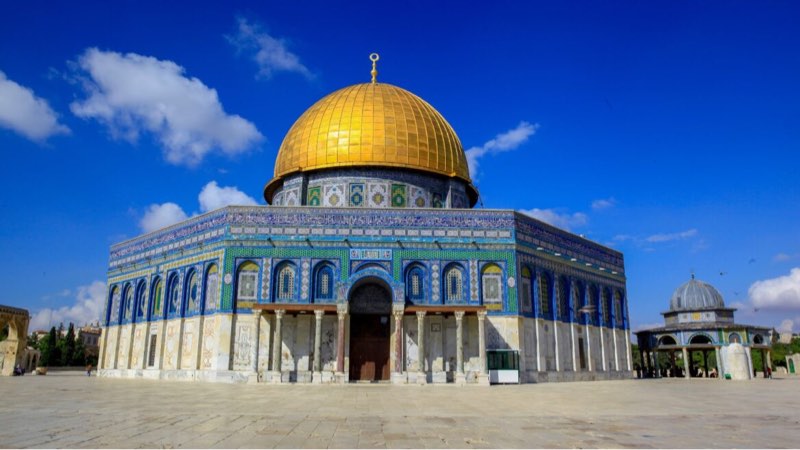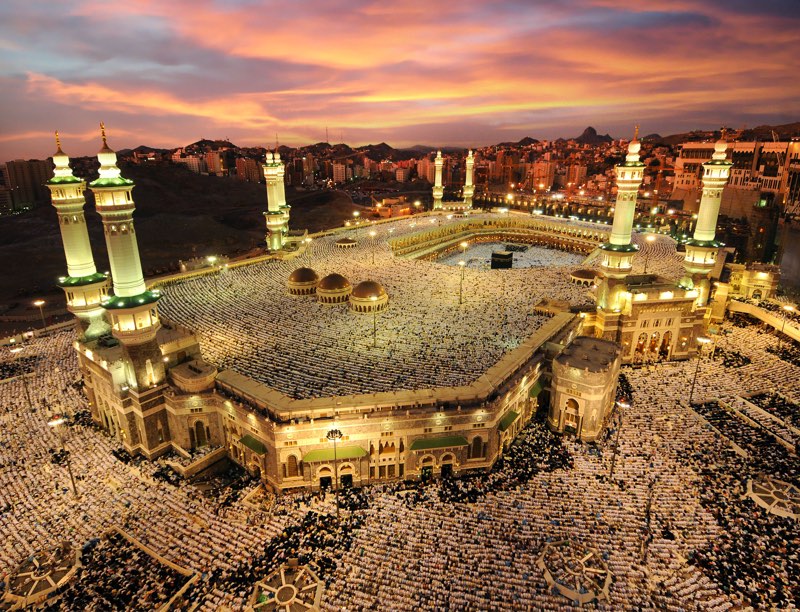Analyze Jesus and Muhammad in Abrahamic faiths through the concept of "Seed" in Genesis 22:18
Certain individuals argue that the reference to the "seed" in Genesis 22, verse 18, does not pertain to Jesus due to his words in Matthew 15, verse 24. Instead, they point to Muhammad based on Surah 21, verse 107. How is their argument articulated?
The argument that the "seed" mentioned in Genesis 22, verse 18, refers to Muhammad rather than Jesus is articulated by contrasting biblical and Quranic texts. Here's how the argument is structured:
Genesis 22, verse 18, states, "And through your offspring all nations of the earth will be blessed, because you have obeyed My voice". The Hebrew word used for "offspring" or "seed" is “zera”, which can be a collective singular noun, implying it could refer to a single individual or a group.
In Matthew 15, verse 24, Jesus says, "I was sent only to the lost sheep of the house of Israel". This statement is interpreted by some to mean that Jesus' mission was primarily focused on the Israelites and not on all nations directly. This interpretation is used to argue that Jesus was not the fulfillment of the promise in Genesis 22, verse 18, which speaks of a blessing to "all nations".
Surah 21, verse 107 of the Quran states, "And We have not sent you, [O Muhammad], except as a mercy to the worlds". This verse is interpreted to mean that Muhammad's mission was universal, extending to all of humanity, which aligns with the promise in Genesis 22, verse 18, about blessing all nations.
The proponents of this view argue that since Jesus explicitly stated his mission was to the Israelites, he does not fulfill the universal aspect of the blessing promised in Genesis 22, verse 18.
In contrast, Muhammad is described in the Quran as a mercy to all worlds, which they believe aligns more closely with the promise of a blessing to all nations. Therefore, they conclude that the "seed" in Genesis 22, verse 18, refers to Muhammad rather than Jesus.
This argument hinges on the interpretation of Jesus' mission scope in the New Testament and the universal mission attributed to Muhammad in the Quran.


